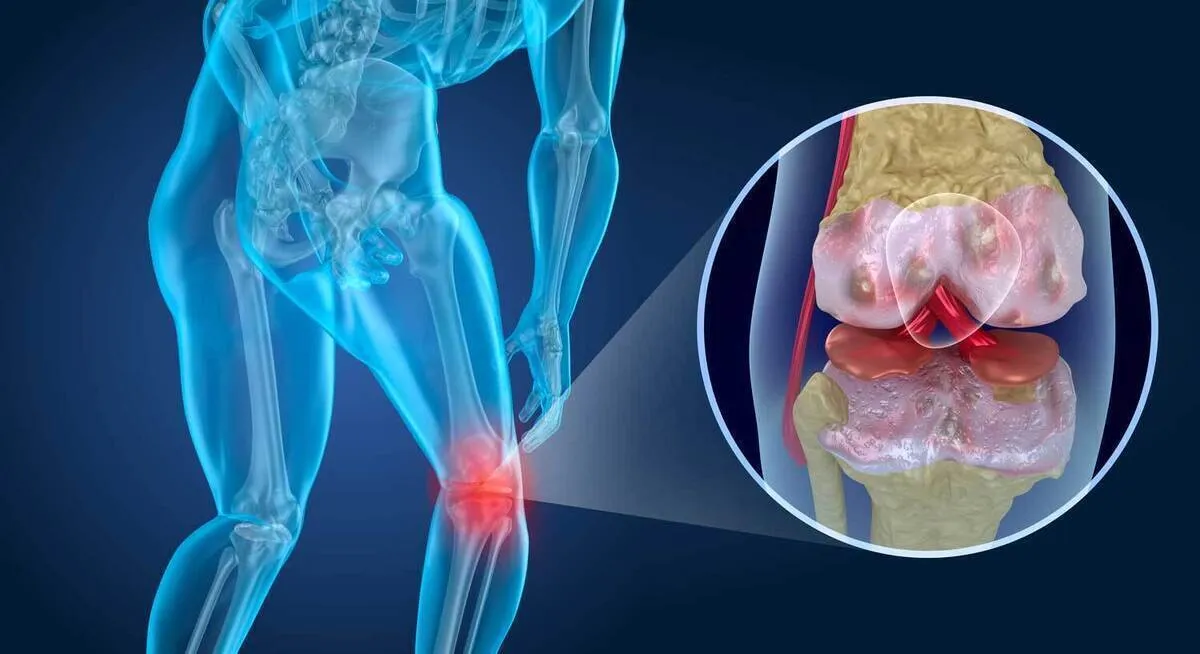Iranian Scientists Produce Hydrogel for Cartilage Repair by Using Biodegradable Ketira Polymer

Maryam Dehqan Nayyeri, one of the researchers of the plan, explained that the title of this project is ‘preparation of a multi-structure scaffold based on ketira for cartilage-bone tissue engineering’, and said, "Cartilage tissue is a type of connective tissue that has been developed to bear weight and resist pressure, and has flexibility properties to some extent."
“In cartilage, the extracellular network is the most abundant component, but sudden strong blows to the joint surface or continuous pressures cause destruction in the cartilage,” she added.
“For this reason, in this research, we made efforts to evaluate the possibility of preparing a multi-structural hydrogel system from ketira by irradiation method,” Dehqan Nayyeri said.
Noting that in recent years, due to the very desirable properties of hydrogels prepared based on polysaccharides and natural polymers, including non-toxicity, biodegradability, and proper biocompatibility, they have widely been used in cartilage tissue engineering, she said, “On the other hand, synthetic polymers have been used to develop the mechanical properties of these hydrogels. The polymer used in this research was ketira, which due to the structure of the cartilage tissue and its low repair capacity, the use of cartilage tissue engineering is necessary and important.”
In a relevant development in April, Iranian researchers managed to provide a suitable platform for differentiation of the mesenchymal stem cells into cartilage cells by using tissue engineering.
Researchers from Islamic Azad University, Iran University of Medical Sciences, Royan Research Institute and Pasteur Institute of Iran conducted a research with the aim of designing a suitable substrate for differentiation of mesenchymal stem cells into chondrocytes by using a nanofiber substrate made of polycaprolactone whose surface was modified and had sulfated alginate with a high negative charge which led to differentiation of mesenchymal stem cells.
In the project, directing mesenchymal stem cells for differentiation into chondrocytes by using nanofibrous substrate made of polycaprolactone modified with sulfated alginate by cold atmospheric plasma was carried out.
Laboratory methods confirmed the correctness of the constructed substrate and its compatibility with stem cell culture.
4155/v





















